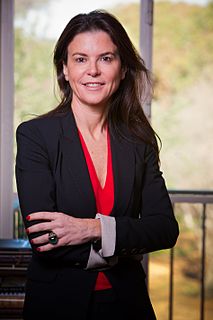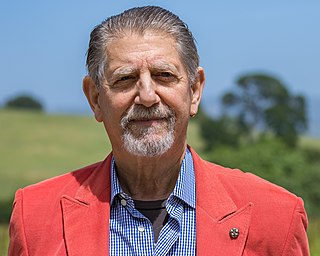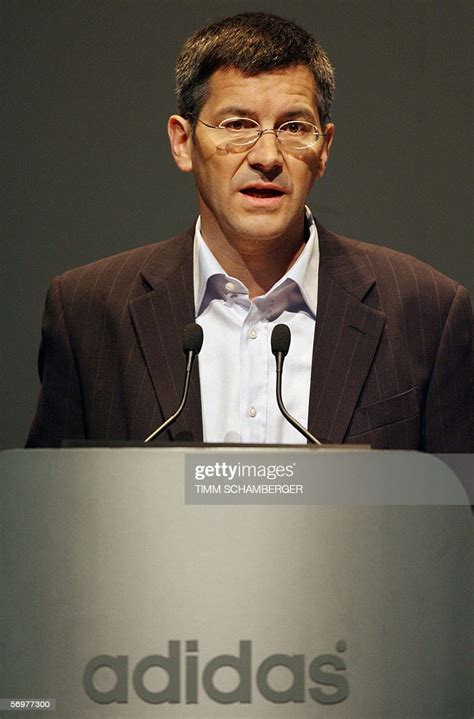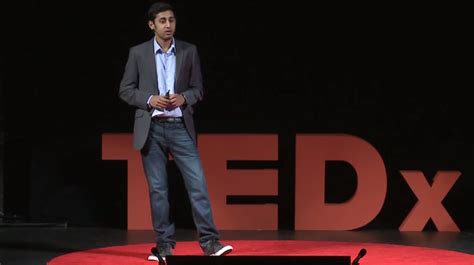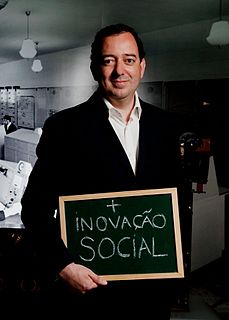A Quote by Poonam Dhillon
Actors are citizens like any other person in the country. People idolize them and follow their activities. So, our involvement in social services comes from this feeling of social commitment and responsibility. We don't do all this to be in the news.
Related Quotes
Under the notion that unregulated market-driven values and relations should shape every domain of human life, the business model of governance has eviscerated any viable notion of social responsibility while furthering the criminalization of social problems and cutbacks in basic social services, especially for the poor, young people and the elderly.
People never hurt others in moments of personal strength and bravery, when they are feeling good about themselves, when they are strong and confident. If we spent all of our waking moments in that place, then fighting for social justice would be redundant; we would simply have social justice and be done with it, and we could all go swimming, or fishing, or bowling, or dancing, or whatever people do. But it is because we spend so much of our time in that other place, that place of diminished capacity, of flagging energy, or wavering and somewhat flaccid commitment, that we have to be careful.
On the other hand, we don't come to work with all of these social goals, nor are we directly trying to change the world and all of that. Our job is that we have these human characters, and it's our responsibility to play them truthfully and as human as possible. Jill has cast this impeccably. These actors nail it, even the non-Pfeffermans. It's ridiculous.
In the eighties and nineties, the innovation agenda was exclusively focused on enterprises. There was a time in which economic and social issues were seen as separate. Economy was producing wealth, society was spending. In the 21st century economy, this is not true anymore. Sectors like health, social services and education have a tendency to grow, in GDP percentage as well as in creating employment, whereas other industries are decreasing. In the long term, an innovation in social services or education will be as important as an innovation in the pharmaceutical or aerospatial industry.
Facebook has never been merely a social platform. Rather, it exploits our social interactions the way a Tupperware party does. Facebook does not exist to help us make friends, but to turn our network of connections, brand preferences and activities over time - our 'social graphs' - into money for others.


